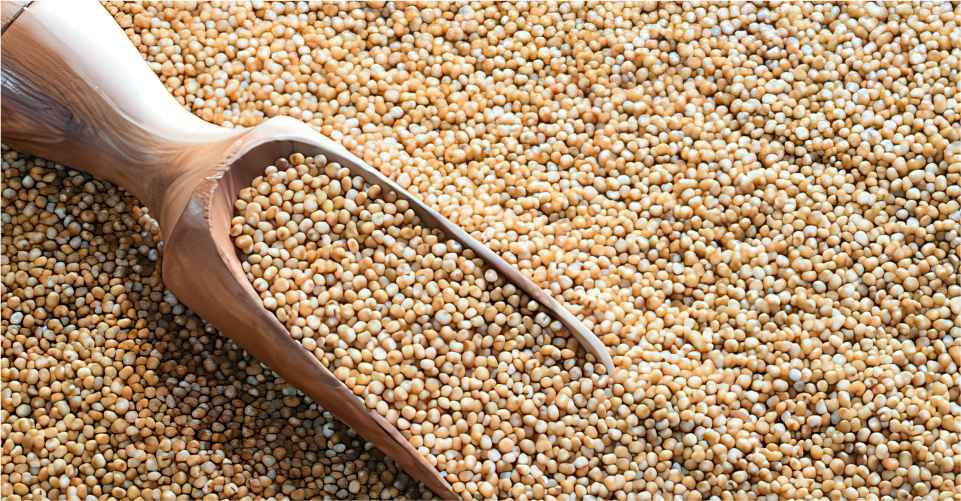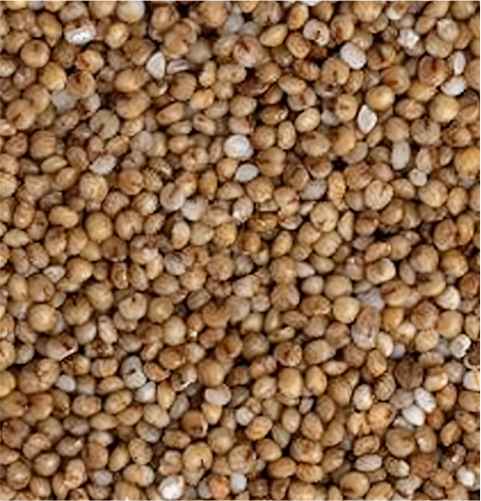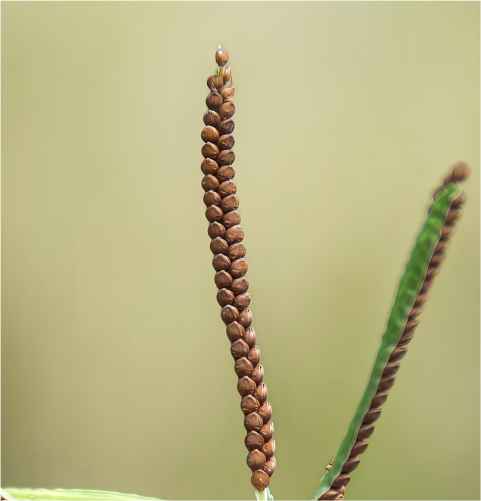


Choose Kodo Millet from AhaaMAG Private Limited for a nutritious, sustainable, and contaminant-free grain. Sourced directly from farmers who practice eco-friendly, chemical-free farming, our millet is free from harmful pesticides and additives. Rich in essential nutrients like fiber, protein, and antioxidants, Kodo Millet is an excellent choice for health-conscious consumers and food manufacturers. Our direct farm partnerships ensure fair trade, full traceability, and support for local communities. Carefully harvested and processed to preserve its natural goodness, AhaaMAG’s Kodo Millet offers exceptional quality, freshness, and nutritional value, making it the perfect addition to any wholesome diet or product.
Now!
Specifications
| Color | Plant Part | Dried / Fresh | Available Forms |
|---|---|---|---|
| Brown | Grain seed | Dried | Whole |
Nomenclature
- Scientific Name: Paspalum scrobiculatum
- Family: Poaceae (Grass family)
- Other Common Names:
- Hindi: Kodra
- Tamil: Varagu
- Telugu: Arikelu or Arika
- Kannada: Harka
- Malayalam: Koovaragu
- Marathi: Kodon
- Bengali: Kodon
Description:
Kodo Millet (scientific name: Paspalum scrobiculatum) is an ancient grain cultivated primarily in India, especially in arid and semi-arid regions. It is drought-tolerant and can grow well on poor soils, making it a sustainable crop. Kodo millet is rich in dietary fiber, antioxidants, and essential minerals like iron and phosphorus. It is gluten-free and has a low glycemic index, making it suitable for diabetics and those with gluten intolerance. Traditionally, it is used in dishes like dosa, idli, and porridge.
Properties:
- Nutritional Profile: High in dietary fiber and antioxidants. Rich in polyphenols, iron, calcium, and protein. Gluten-free and beneficial for heart health and weight management.
- Agronomic Traits: Drought-tolerant and well-suited for semi-arid regions. Grows in poor and marginal soils. Matures in about 80–100 days.
Detailed Uses:
- Culinary: Used as a substitute for rice; suitable for dishes like upma, pongal, dosa, idli, and khichdi. Ground into flour for traditional sweets and snacks. Popular in health-conscious and diabetic diets due to its low glycemic index.
- Fodder: Straw used as animal feed.
- Traditional Medicine: Said to help manage diabetes, obesity, and high cholesterol. Used in Ayurvedic diets for improving digestion and stamina.
